Inability to ovulate or do it regularly
Female infertility can be caused by changes in normal ovulation. This is a rather widespread problem, responsible for about 30% of the cases of infertility recorded each year in the female population. This disorder recognizes hormonal disorders of various kinds, capable of interfering with the natural regularity of the menstrual cycle; for example, alterations in the pituitary secretion of gonadotropins are possible, with consequent failure to ovulate (anovulation). If the follicle is not brought to complete maturity - until the release of the egg cell - it will not be possible to meet the latter with the spermatozoa and consequent conception.
Since ovulation is the result of a fine hormonal regulation process, anovulation is also known as hormonal sterility. The causes of this endocrine imbalance can be many, so much so that in some cases they are the "simple" result of strong emotional or physical stress; some athletes, for example, suffer from amenorrhea (lack of menstruation for at least three consecutive months) due to excessive effort in sporting activity. Fortunately, it is only a "temporal interruption of ovulation", which should not be considered as a permanent cause of infertility.
Psychic disorders, such as for example anorexia or bulimia, excessive production of male hormones (adrenal alterations, polycystic ovary) or thyroid, hypothalamic or pituitary dysfunction - such as some forms of hyperprolactinemia - can cause female infertility on a hormonal basis. To these causes must then be added those of an iatrogenic nature, in which sterility - generally temporary - is the result of taking certain drugs, such as anabolic steroids, progestogens, danazol, cortisone and its derivatives.
Stress can also negatively affect the hypothalamic-pituitary-gonadal axis, causing menstrual irregularities and anovulatory cycles. The same goes for too restrictive diets or excessive drops in body fat, often responsible for amenorrhea.
In many of these cases, the inability to ovulate or to ovulate regularly can be corrected by adequate therapy. Unfortunately, there are also situations in which the problem is unsolvable; we are talking, for example, of those women in whom the follicular patrimony, therefore the number of precursors of egg cells, is prematurely exhausted due to genetic factors, a menopause arisen prematurely (before the age of 40) or radiation and chemotherapy therapies after surgery. When a woman cannot generate eggs, the only solution is to fertilize those donated (anonymously) by another woman with her partner's sperm. If this operation is compatible with the health of the sterile counterpart, the embryos will then be transferred to her uterus for the development of the natural pregnancy.
At other times, infertility is associated with congenital genital malformations, as occurs in the presence of a bilateral "uterine or ovarian agnesia (agnesia = failure to develop). In other cases, infertility becomes an expression of" insufficiency of the corpus luteum (small structure that forms in the ovary by transformation of the follicle after the release of the egg cell). The corpus luteum has the main purpose of secreting progesterone, a hormone essential to allow nesting, that is, the complete and progressive penetration of the fertilized egg into the mucous membrane that it internally covers the uterine cavity (called endometrium). As stated above, an "insufficient production of progesterone causes the death of the egg" before it has reached complete maturation or that of the embryo before its implantation.
Finally, we should not forget the progressive decrease in the number of eggs which we are witnessing as we approach menopause. Especially at this age, the onset of menstruation does not necessarily reflect the release of an egg from the ovary.
Other articles on "Female infertility," ovulation disorders "
- Causes of Male Infertility
- Sterility
- Male infertility: oligospermia and azoospermia
- Female infertility, the role of age and mechanical factors
- Infertility cures
- In vitro fertilization
- Intratubal transfer of gametes
- Infertility: what cure?

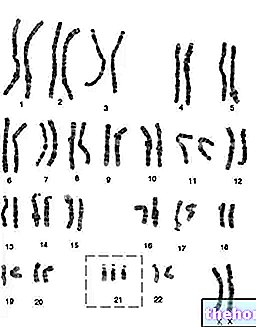
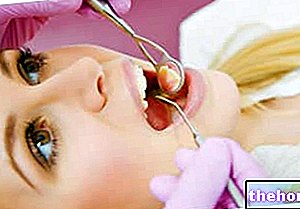
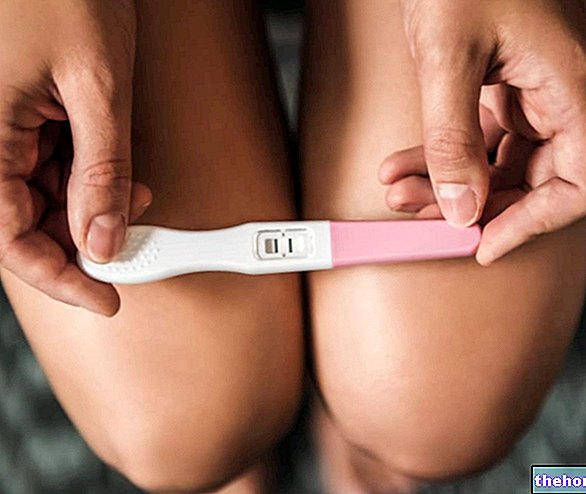
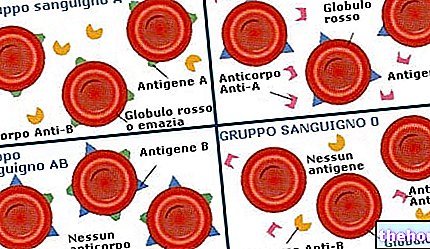

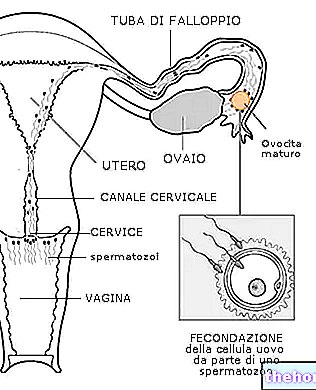


.jpg)


















